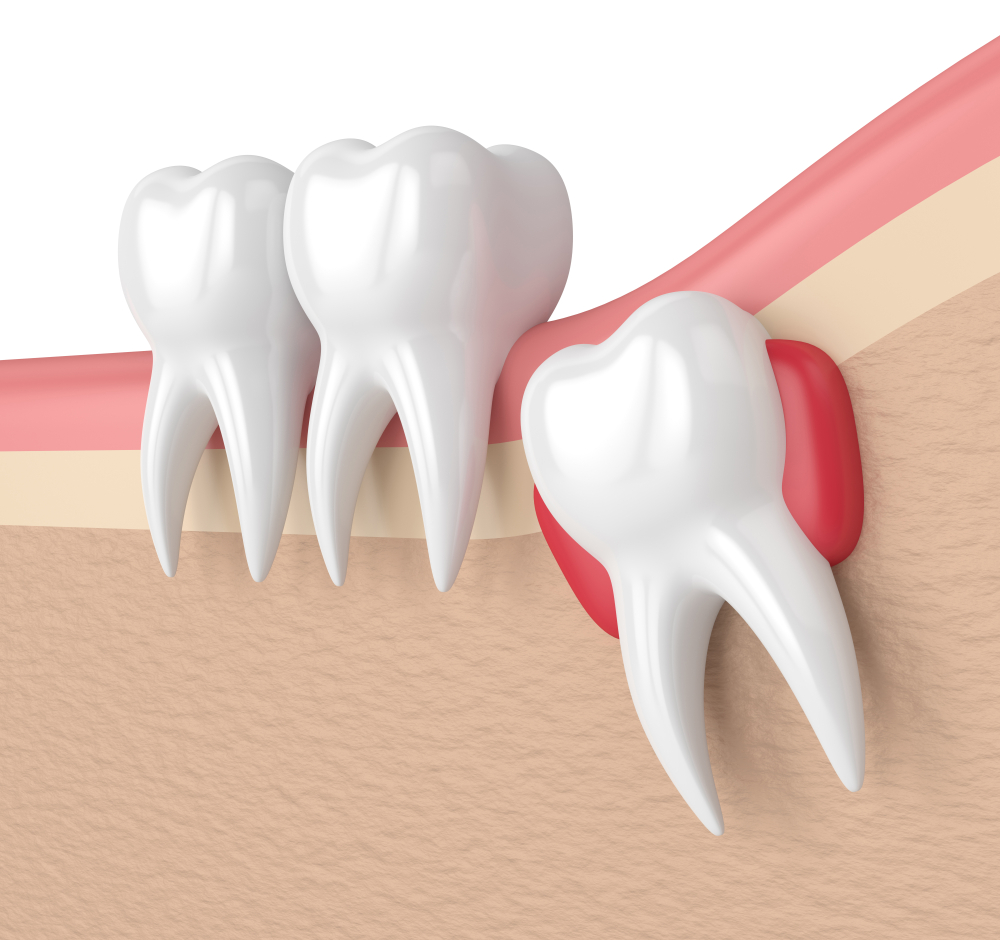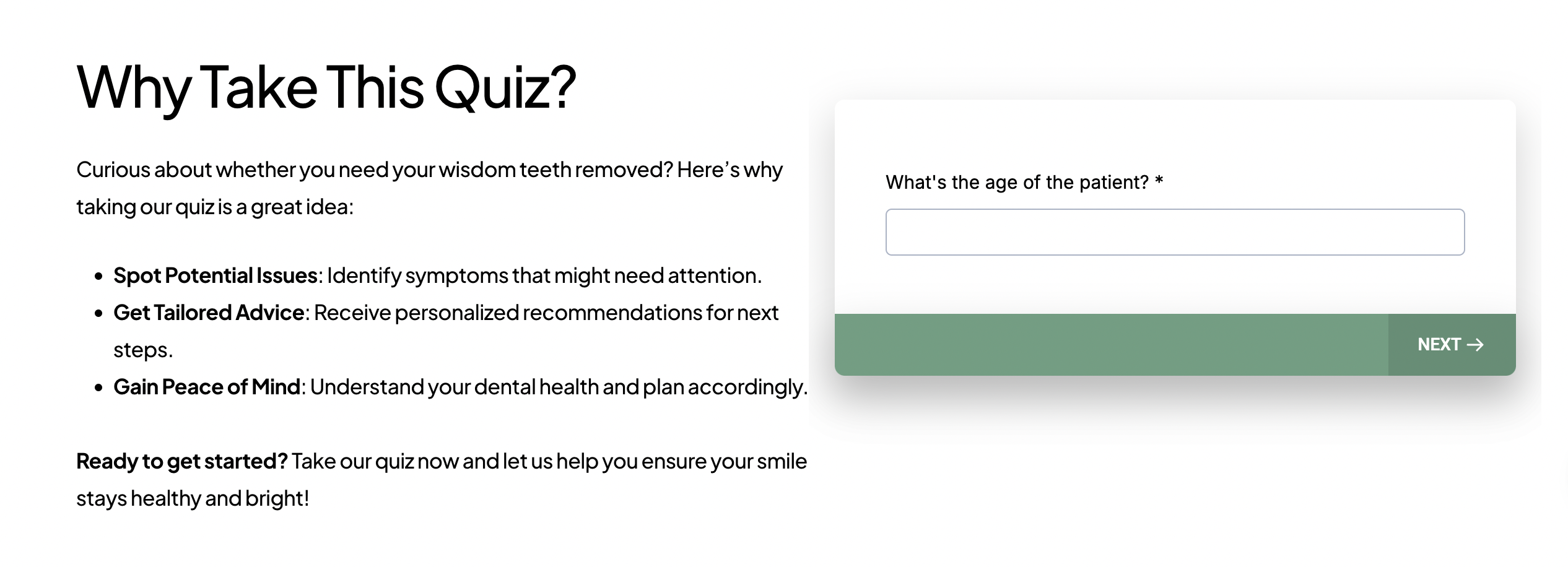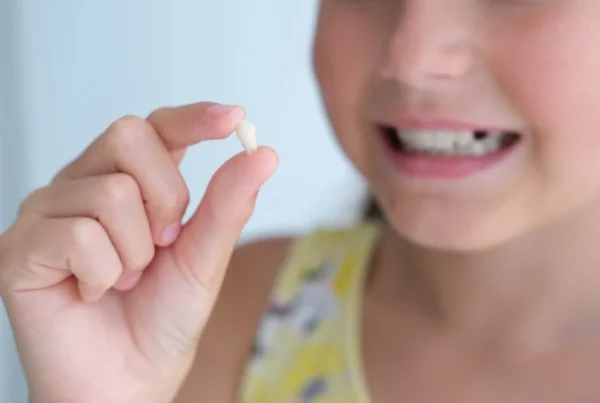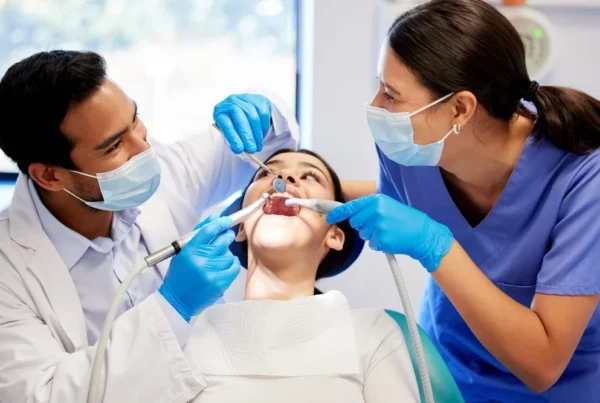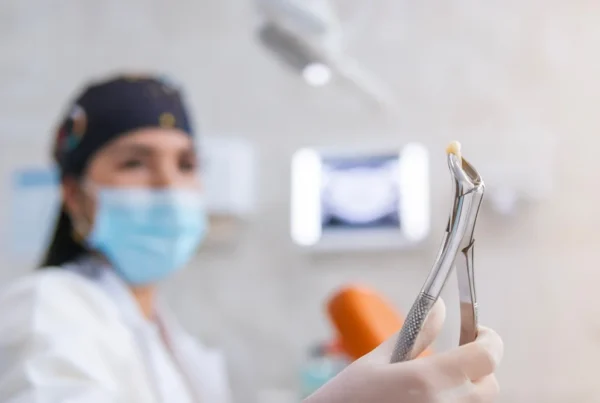Wisdom teeth extractions can be a real pain, literally. Often, they start causing trouble as we grow older. These are the last set of teeth to come in, and sometimes, there’s just not enough room for them. This can lead to all sorts of problems, like pain, swelling, and even infection. It’s a common issue, affecting many of us at some point.
So, what can be done about it? Wisdom teeth removal might be the answer.
This process isn’t as scary as it sounds. In fact, it’s a routine procedure for dentists and oral surgeons. Today, we’ll walk through what you need to know about getting those troublesome teeth out. From signs you need them removed to the recovery process, we’ve got you covered.
Let’s dive in and shed some light on this common dental procedure, making it easier to understand for everyone.
Do You Need Your Wisdom Teeth Removed? Take Our Quiz To Find Out!
Signs You Might Need Your Wisdom Teeth Removed
If you’re on the fence about whether your wisdom teeth need to go, here are some signs to watch for:
- Pain in the Back of Your Mouth: A clear sign something might be off.
- Swollen, Red, or Bleeding Gums: These symptoms shouldn’t be ignored.
- Impacted Teeth: When wisdom teeth get stuck and can’t break through the gums.
- Jaw Stiffness or Difficulty Opening Your Mouth: Could be linked to your wisdom teeth.
- Crowding or Shifting of Other Teeth: Sometimes caused by wisdom teeth pushing against them.
- Frequent Infections: Especially around the back of your mouth, indicating issues.
Spotting any of these? It’s probably time to have a chat with your dentist. They can confirm if your wisdom teeth are the cause. Acting early can prevent further pain and complications.
The Wisdom Teeth Removal Process Explained
Feeling unsure about the wisdom teeth removal process? Here’s a simple breakdown:
- Consultation and Planning: Your journey starts with a visit to the dentist or oral surgeon. They’ll take X-rays to assess your situation and plan the procedure.
- Choosing Anesthesia: Depending on your case, you’ll get local anesthesia (you’re awake but numb), sedation (you’re awake but relaxed), or general anesthesia (you’re completely asleep).
- The Removal Procedure: With anesthesia working, the surgeon removes your wisdom teeth. They might cut the teeth into pieces for an easier extraction.
- Recovery Time: After the teeth are out, you’ll take a short rest as the anesthesia wears off. Then, you’re ready to head home with care instructions.
- Home Care: Recovery involves eating soft foods, managing pain with medication, and keeping the area clean to prevent infection.
This process is designed to remove those troublesome teeth and relieve your pain, with your dental team supporting you from start to finish.
Post-Surgery Recovery: What to Expect
After wisdom teeth removal, knowing what comes next helps ease any worries. Here’s a quick guide:
- Rest and Heal: Take it easy for the first 24 hours. Rest is your best friend to kickstart healing.
- Swelling and Bruising: It’s normal. Apply ice packs to your cheeks to reduce swelling.
- Pain Management: You’ll likely have some pain. Use the prescribed medication or over-the-counter pain relievers as directed by your surgeon.
- Eating Soft Foods: Stick to soft, easy-to-eat foods like soup, yogurt, and applesauce for the first few days.
- Oral Hygiene: Keep your mouth clean with gentle rinsing. Avoid brushing the surgical area directly for a few days.
- Activity Level: Gradually return to your normal activities. Avoid strenuous activities for a week to prevent bleeding.
Recovery varies from person to person, but following these steps can help ensure a smoother process. Always follow your dental team’s advice and reach out to them with any concerns.
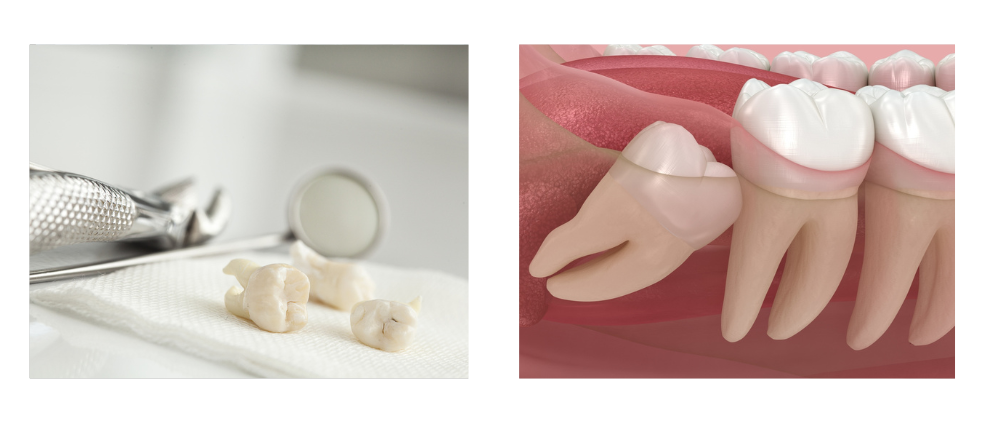 Potential Risks and Complications
Potential Risks and Complications
Understanding the risks involved with wisdom teeth removal can help you prepare and avoid complications. Here’s what to keep an eye on:
- Dry Socket: A painful condition where the blood clot at the extraction site is dislodged, exposing bone.
- Infection: Signs include fever, pus, and increased pain. Good oral hygiene helps prevent this.
- Bleeding: Some bleeding is normal, but excessive bleeding should be checked by your surgeon.
- Nerve Damage: Rare, but it can result in temporary or permanent sensation changes in your mouth.
- Damage to Nearby Teeth: Another rare complication that can occur during the extraction process.
- Jaw Problems: Stiffness and problems opening your mouth wide can happen but usually improve with time.
Awareness is key. If you notice anything unusual during your recovery, don’t hesitate to contact your dental professional. They’re there to help you through the process and manage any potential issues.
The Impact of Delaying Treatment
Putting off wisdom teeth removal can lead to a host of problems. Here’s why it’s best not to wait:
- Increased Pain: The longer you wait, the more painful and complicated the issues can become.
- Infection Risk: Impacted wisdom teeth can lead to serious infections, affecting not just your mouth but your overall health.
- Damage to Other Teeth: Over time, wisdom teeth can push against neighboring teeth, causing damage and misalignment.
- Cysts and Tumors: Rare, but impacted wisdom teeth can lead to the development of cysts or tumors that can damage the jawbone and teeth.
- Gum Disease: Hard-to-reach wisdom teeth can result in gum disease and tooth decay, complicating oral hygiene.
- Overall Health Issues: Oral health impacts your whole body. Delaying treatment can exacerbate conditions like heart disease and diabetes.
Addressing wisdom teeth issues promptly can save you from unnecessary pain, potential complications, and more invasive treatments down the line. Consulting with a dental professional early on is the best course of action.
Act Now for Your Dental Health!
Here’s how we do it:
- Comprehensive Consultation: We start with a detailed assessment of your dental health using advanced imaging techniques.
- Personalized Treatment Plan: Dr. Khademazad crafts a tailored plan for your wisdom teeth removal, focusing on minimizing discomfort and ensuring a quick recovery.
- Supportive Aftercare: We provide clear guidance for post-surgery care, ensuring your recovery is smooth and comfortable.
So, schedule your consultation today. And in the meantime, visit our website for more information on our approach to dental care. So you can stop worrying about the pain and complications of impacted wisdom teeth and instead enjoy a healthy, pain-free smile.
Wisdom Teeth Extraction Questions & Answers
- Is the wisdom teeth removal process painful?
You won’t feel pain during the procedure thanks to anesthesia. Post-surgery, any discomfort can be managed with prescribed or over-the-counter pain relievers. - How long is the recovery after wisdom teeth removal?
Recovery typically takes a few days to a week. Most people can return to normal activities within a day or two, with some precautions. - Can I eat normally after wisdom teeth extraction?
You should eat soft, easy-to-chew foods for the first few days post-surgery. Gradually reintroduce solid foods as your comfort improves. - What’s a dry socket, and how can I avoid it?
Dry socket is when the blood clot at the surgical site gets dislodged, exposing bone. Avoid it by not smoking, avoiding straw use, and following your surgeon’s care instructions. - Will I be awake during the extraction?
This depends on the type of anesthesia used. Options include local anesthesia, sedation, and general anesthesia. Your dental professional will recommend the best choice for you. - How do I care for my mouth after surgery?
Follow your surgeon’s instructions, which will likely include gentle rinsing with salt water, avoiding certain foods, and not disturbing the surgical site. - When should I call my dentist or surgeon post-surgery?
If you experience severe pain, excessive bleeding, signs of infection (like fever or pus), or any other concerning symptoms, contact your Grand Prairie dentist or surgeon immediately. - How soon can I go back to work or school after having my wisdom teeth removed?
Most people can return to work or school within a couple of days, depending on the complexity of the removal and their personal pain tolerance.
Grand Prairie Family Dentistry
Contact Us
Phone:
972-988-0900 (office)
Address:
2475 W Pioneer Pkwy
Grand Prairie, Texas, 75051


